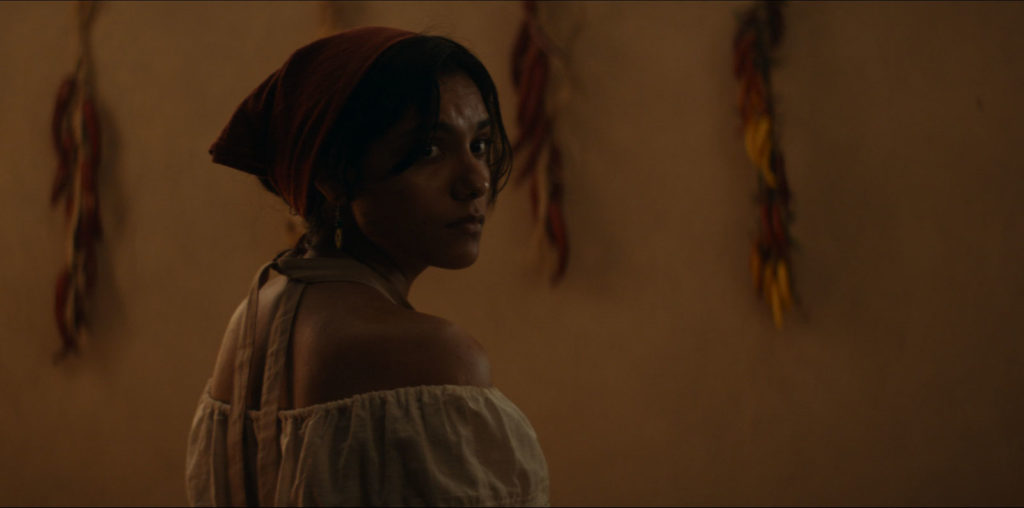
“I think this movie is draining my lifeforce.” These were the exact words that left my mouth during my screening of “Salt.” And I was only 40 minutes in. By this time it was very clear that I was just f****d. The remaining last half of this pretentious nap inducer was aiming to do me in. It was waiting for me, nay, tempting me to close my eyes so it could do squishy, bumlick things to me in my sleep. Things that would make me feel like less of a man. F**k that. I wasn’t going to be taken down that easy. I was going to stick it out and I did. I made it through to the other side and I can’t say I’m very proud of it, but I’ve brought with me the knowledge that, from now on, any film referred to as being of the Dogme variety, I’m leaving town to avoid its evil glow.
I’ve never been a big fan of the Dogme movement of filmmaking, but then again, I’ve never really given it much of a chance either. This isn’t exactly how I planned things; it’s just that much of the Dogme cinema has slipped underneath my radar. But now, since seeing the documentary The Purified in which the creators of the Dogme school of filmmaking explain themselves, and seeing “Salt,” which has been described as “…the best Dogme film the Dogme conspirators never made,” I can see what the whole movement is about. Basically, subscribing to the Dogme way of filmmaking is saying that you’re sick of the generic state of filmmaking today, so you’re willing to make, in rebellion, utterly boring bullshit that very few would want to watch. Hey, each to their own, but to me, that’s like shitting your pants in a movie theatre when you think the movie sucks. That’s really showin’ them.
In “Salt,” we’re taken to a desolate Iceland town where a family of three, mom and two daughters, live in a shack and work in the same fish factory. The eldest daughter decides to leave home, searching for something new and exciting. See? She couldn’t even stand the dull circumstances of this film. In her wake, she leaves her boyfriend, Aggi, and an equally unhappy sister, Hildur, who both shortly decide to follow her path. But the boyfriend’s car breaks down in the middle of their trek and they are forced to camp out while the car is being fixed. During this time, Hildur and Aggi build a bond that turns romantic. What ever are they to do then?
If scene after scene of fish cleaning blows your skirt up, then this film just may be your cup of joe. If you also love long, eventless camping trips whilst a car is being worked on, then, s**t, this is the film you’ve been waiting for. From what I understand, plenty of improvisation was done during the making of this film, allowing for the scenes to “create themselves.” Thing is, I found it hard to find any distinguishable scenes, or rather any scenes of interest, as all of them involved the main characters moping about in a somnolent state with very little to say to each other and even less of an agenda to give even the shortest of films a heartbeat.
Now that I’ve tasted “Salt,” I’ve gotta say that there’s no redeeming quality whatsoever. The lack of a solid script is brutally evident and the whole shaky, handheld camera bullshit is played out. To sum it up, watching this film is like watching the tapes of someone learning how to use their very first camcorder.

